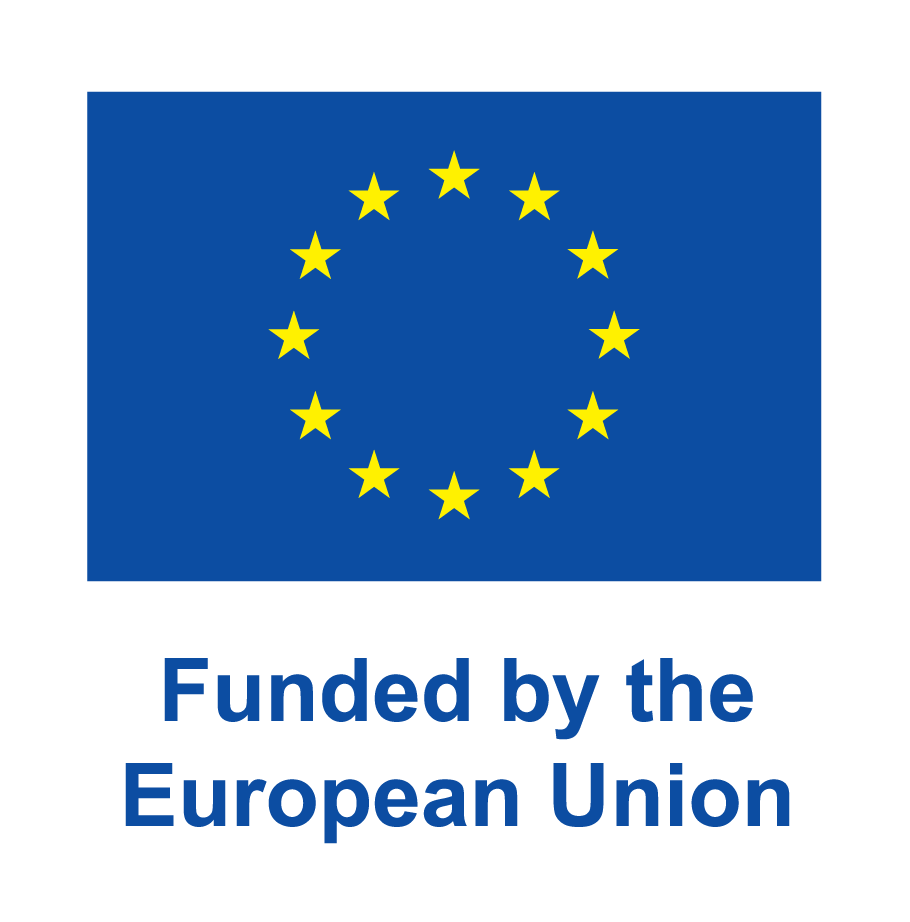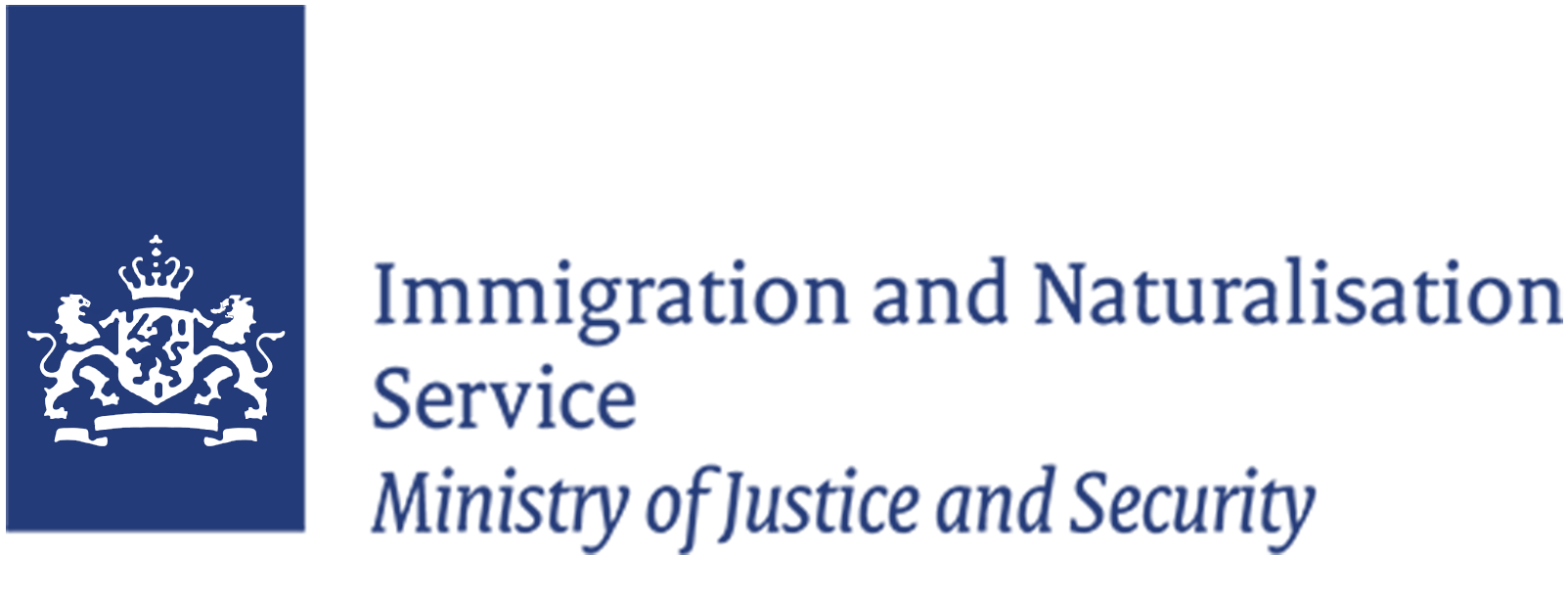Covid-19 caused an increase in the application of digital technologies in Europe and beyond, including in migration and asylum processes. In 2021, immigration and asylum services expanded their digital services. While the use of artificial intelligence is still limited, many countries are exploring the possibility of utilising it or have concrete plans for doing so.
Increased digitalisation in migration processes in Europe due to COVID-19 pandemic
The study by the EMN and the Organisation for Economic Cooperation and Development (OECD) underlines the importance of continuously monitoring and evaluating the results of digital solutions. Not only on the basis of the digital systems used, but also on the basis of feedback from users themselves. It is also important to build in correction mechanisms and maintain a high level of human control.
Use of online systems is common
Most EU Member States and Georgia use online systems to process applications for residence permits and naturalisation. This mainly concerns making appointments for submitting an application. Sixteen countries have taken this a step further. In these countries, applications can also be submitted digitally (BE, EE, EL, ES, FI, HR, HU, IE, FR, LT, LV, NL, PL, PT, SE; GE) as well as monitored (BE, CY, CZ, EE, EL, ES, FI, FR, HU, LT, NL, PT, SE; GE). Since 2015, this also applies to the Netherlands. Member States offer this option more frequently for residence permit applications than for naturalisation applications.
Limited use of blockchain technology
- Blockchain is an innovative technology for accessing, processing, and controlling large amounts of data in a protected environment.
- The Netherlands does not use blockchain in migration processes and currently has no plans to do so.
- Three Member States (Germany, Estonia, Portugal) do use blockchain in migration processes, they do so with the aim of:
- exchanging highly confidential information
- connecting different services and systems in the migration chain
- improving the information flows between different services in the migration chain
Plans for deploying AI
Six Member States use artificial intelligence (AI/artifical intelligence):
- Hungary, Latvia, Lithuania and the Netherlands for identifying identity and document fraud (Lithuania in test phase)
- Germany and Latvia for language identification and assessment
- Finland and Latvia in case management and contact with migrants
- In addition, 10 Member States (BE, DE, FR, HR, HU, IE, LV, LT, NL, SE) and Georgia have plans to use AI or are starting pilot projects for chatbots, migration forecasting and/or tracking document fraud.
Securing fundamental rights is a challenge
In the context of fundamental rights and protecting information, Member States using online systems and digital technologies must respect fundamental rights as set out in the Charter of Fundamental Rights of the European Union and the General Data Protection Regulation (GDPR). Belgium, Austria and France have indicated that they have carried out Data Protection Impact Assessments (DPIA, tool for determining privacy risks in data processing). However, a number of new challenges also need to be taken into account, such as the risk of algorithmic bias in the use of AI.
Publication
- Read the Inform: 'The use of digitisation and artificial intelligence in migration management'.



